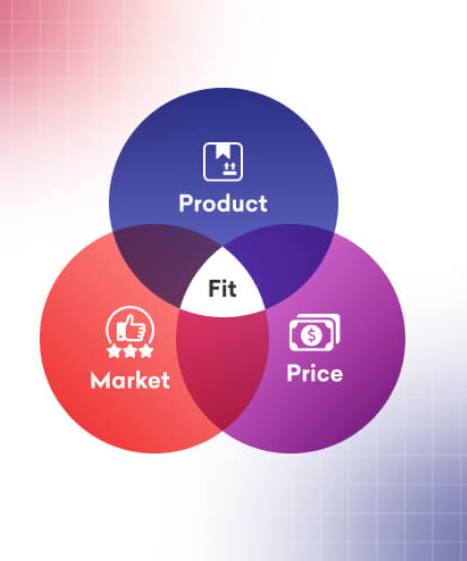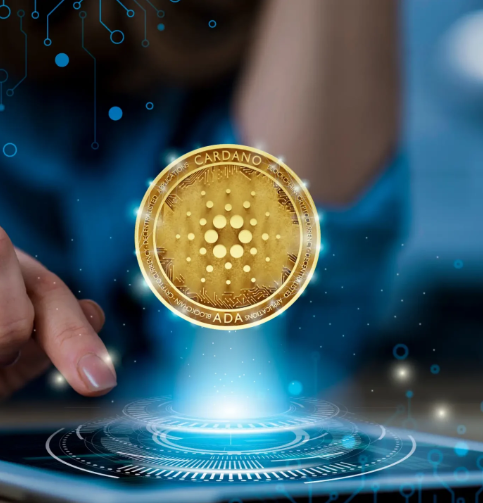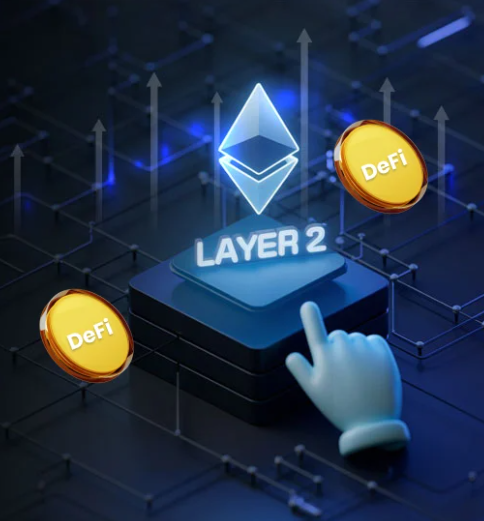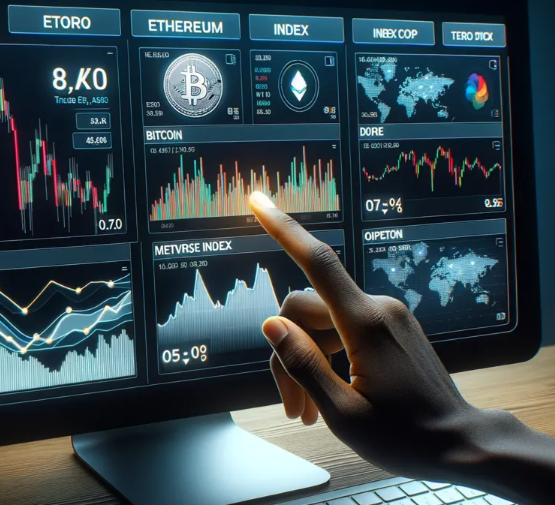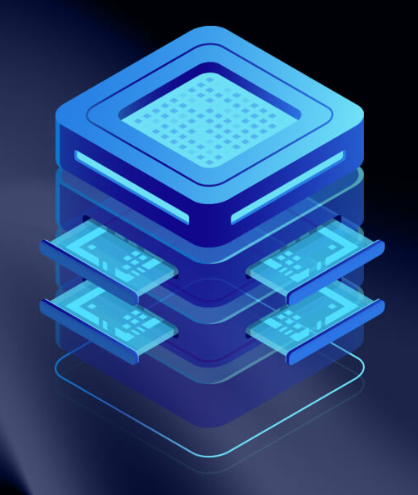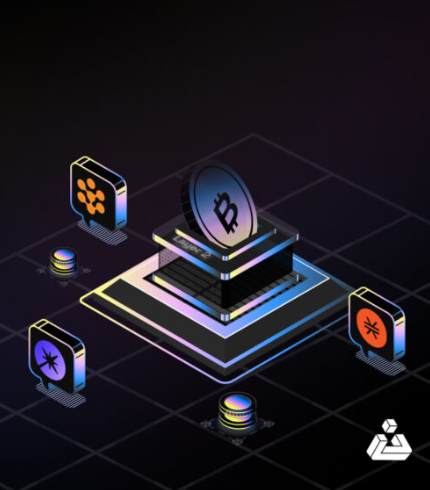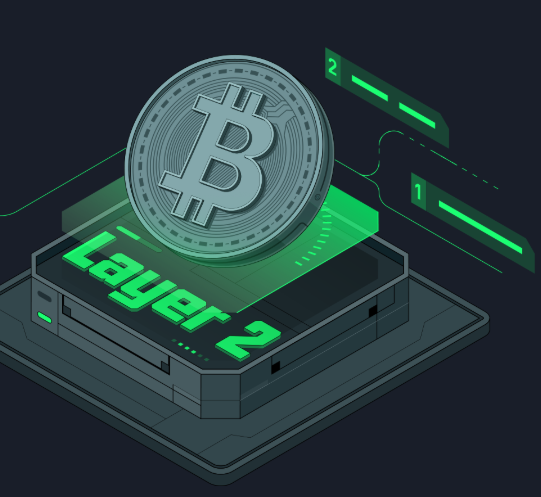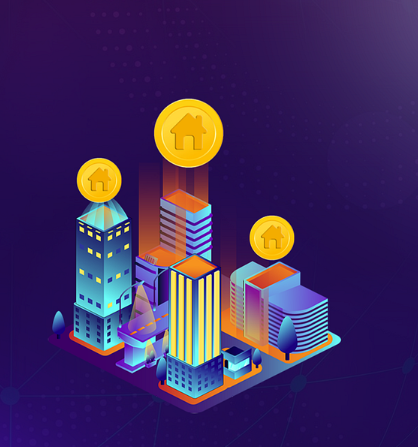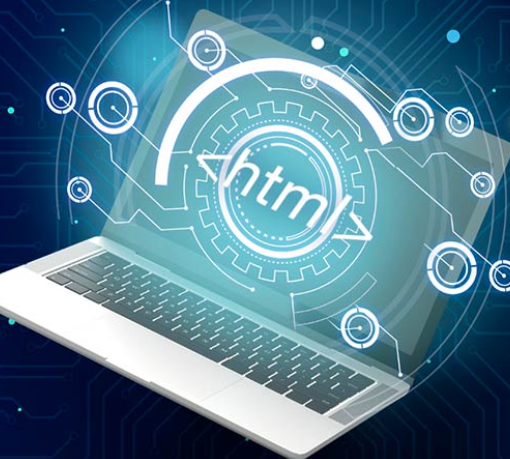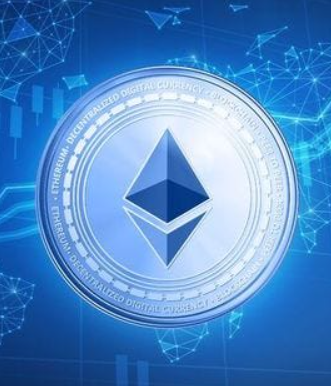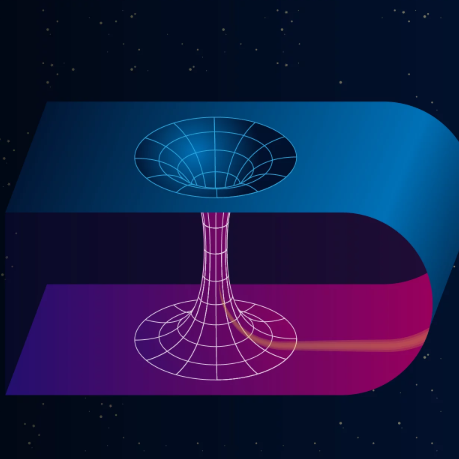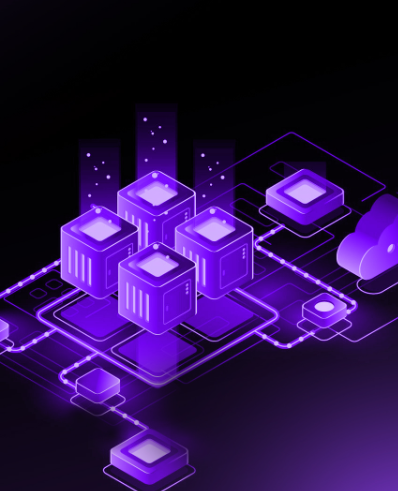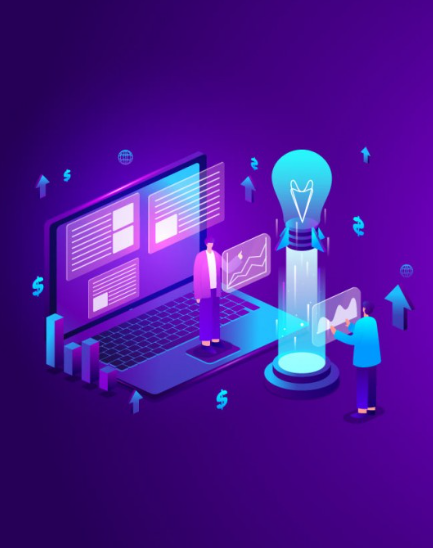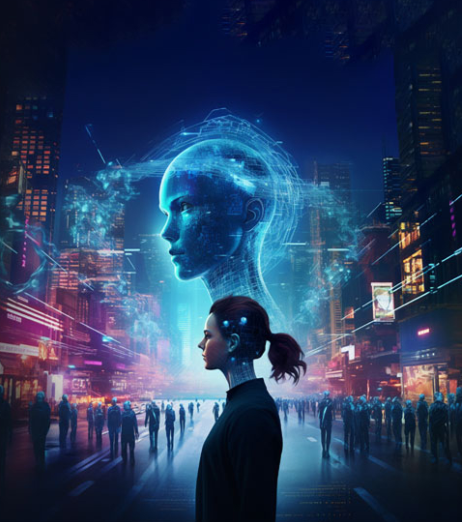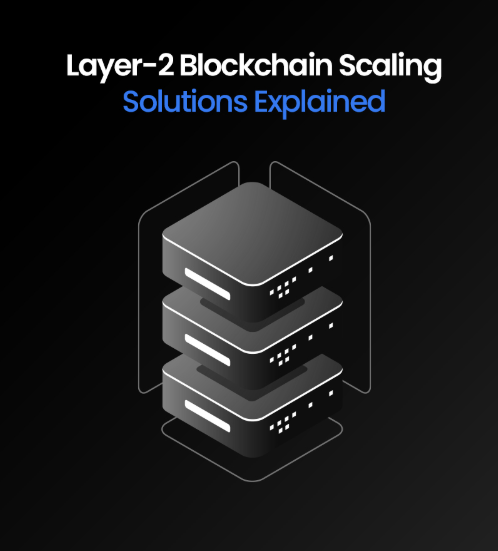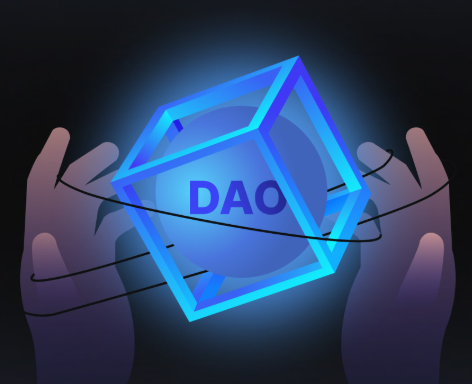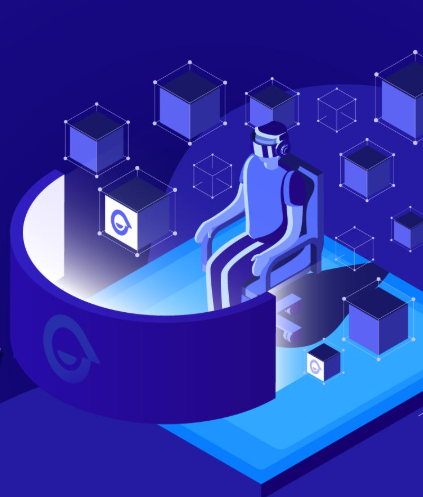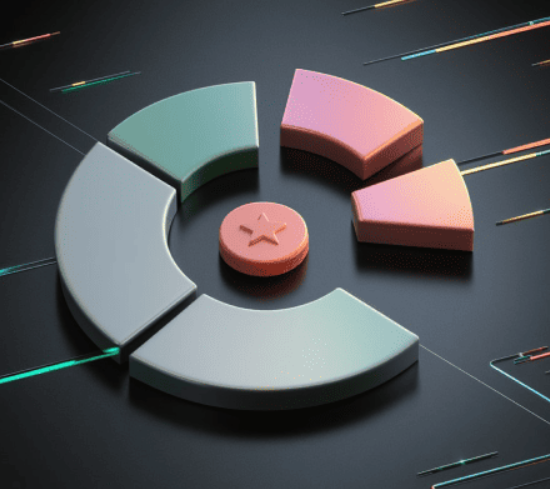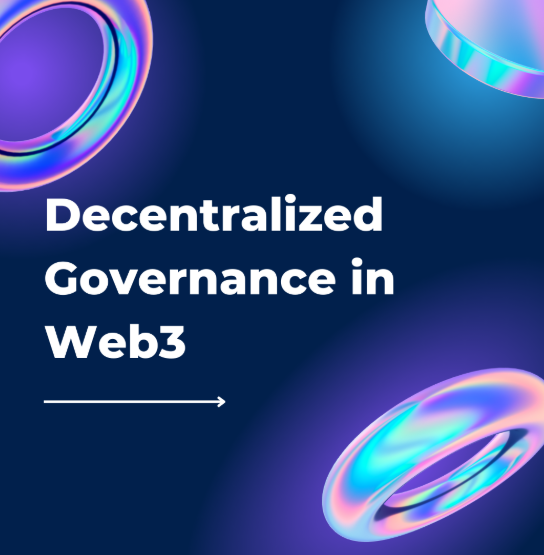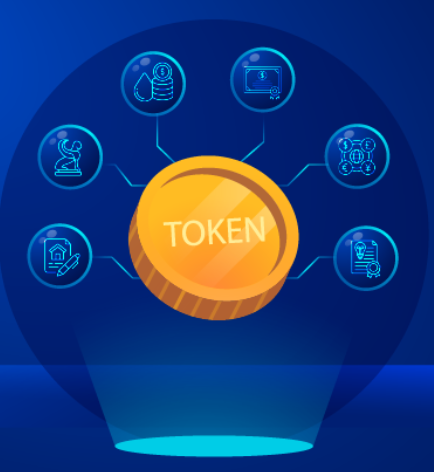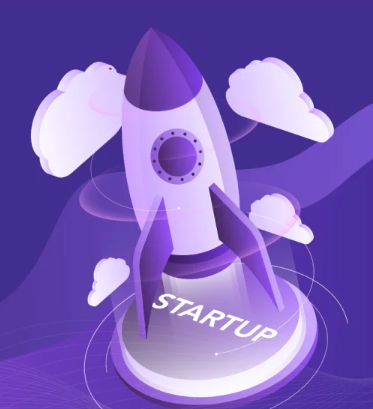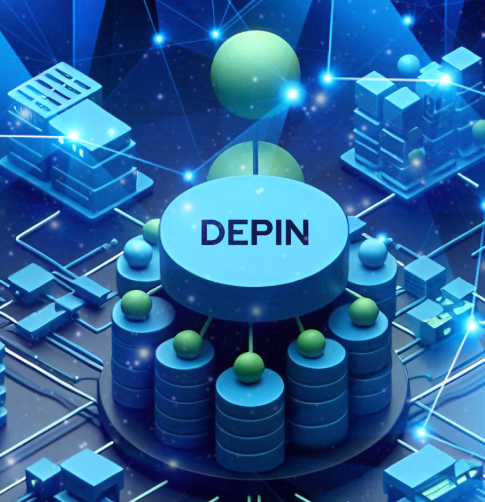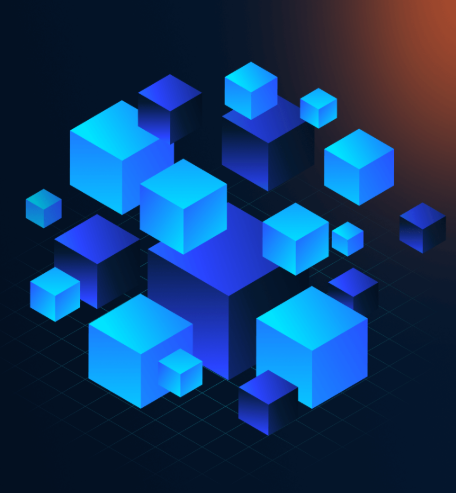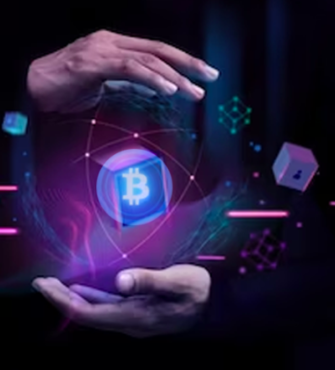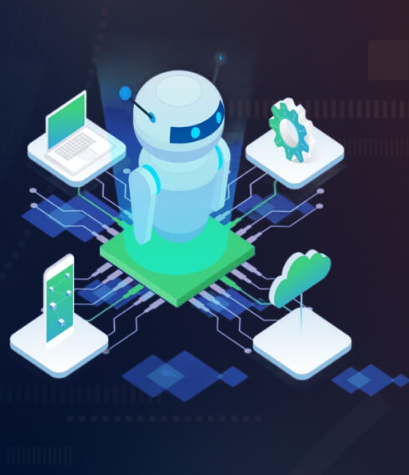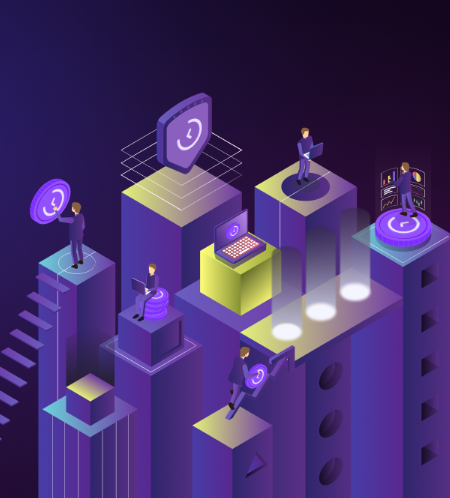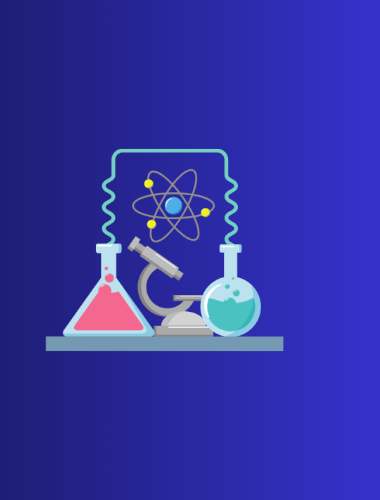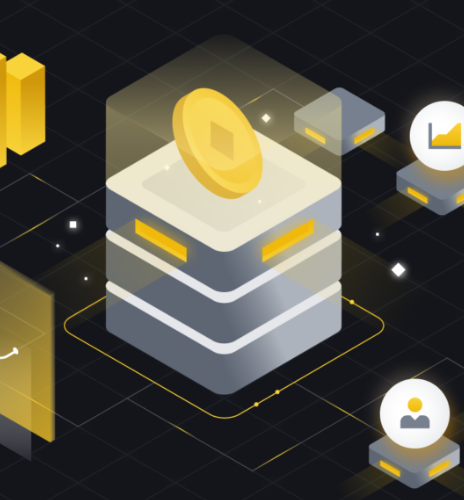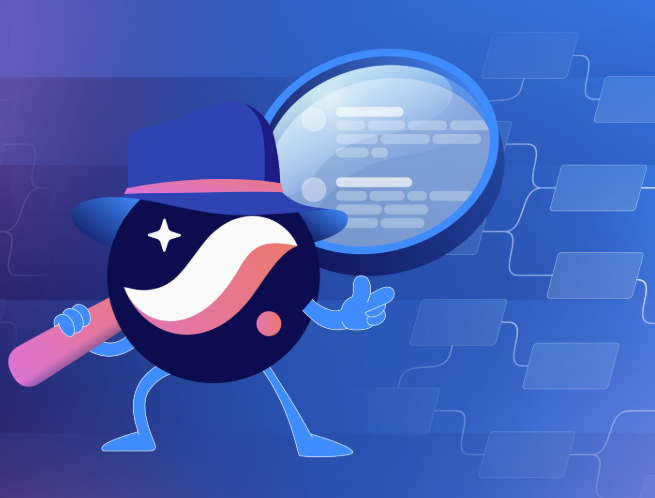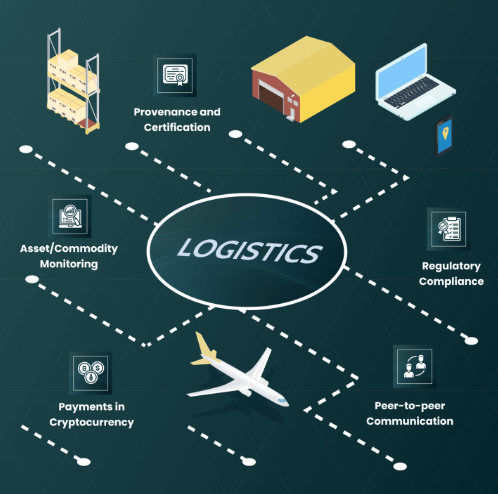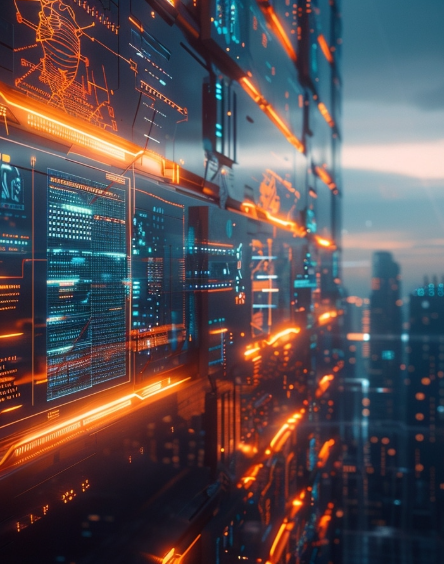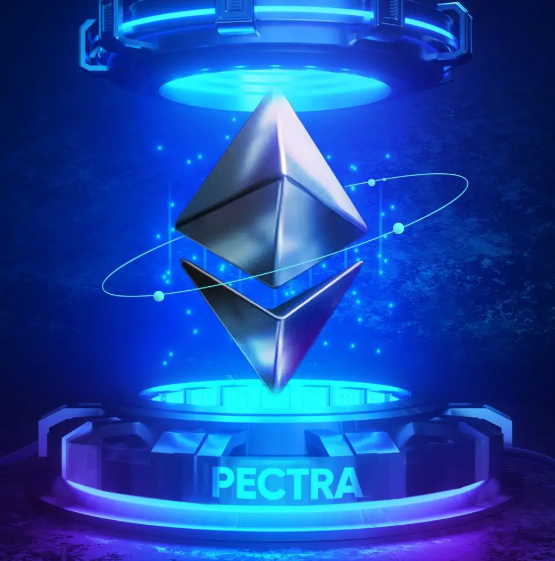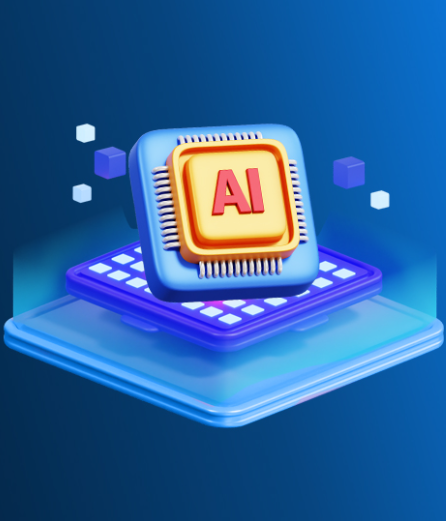
Artificial intelligence (AI) agents are quickly becoming integral to the Web3 ecosystem, transforming how decentralized finance (DeFi), decentralized autonomous organizations (DAOs), gaming, and cross-chain interactions function. These on-chain agents are revolutionizing traditional Web3 processes by executing strategies, managing assets, and even governing protocols without human intervention. With thousands of AI agents already live and projections showing that number will grow exponentially, the era of AI-driven Web3 is officially here.
The Role of AI Agents in Web3
1. DeFi: Automating Yield Farming and Asset Management
AI agents are making yield farming, risk management, and arbitrage fully autonomous. These agents scan on-chain data, adapt to new protocols, and negotiate for liquidity—eliminating the need for human oversight.
Optimus (Olas Network): Optimus is an on-chain agent that autonomously reallocates assets across liquidity pools, continuously optimizing returns based on real-time data.
Virtuals Protocol: With a market cap exceeding $1 billion, Virtuals Protocol allows users to deploy AI agents for tasks like trading, risk analysis, and research. These agents function in a decentralized, tokenized environment, automating the process of interacting with various protocols.
Cookie.Fun by Cookie DAO: More than 1,400 AI agents participate in DAO governance by casting votes and executing decisions based on predefined criteria, ensuring that DAOs remain operational 24/7.
2. DAOs: Enhancing Autonomous Governance
DAOs have long struggled with slow decision-making and low voter participation. AI agents are now automating much of the governance process, from scanning and reviewing proposals to delegating votes and conducting smart contract audits.
Ozak AI: DAOs using Ozak AI employ agents to summarize proposals, assess risks, and suggest vote delegations. This ensures that DAOs can act quickly, without compromising transparency or efficiency.
AI-Driven DAO Security: AI is also playing a crucial role in enhancing DAO security. Smart contract auditors powered by AI can identify vulnerabilities and monitor for fraud in real-time, reducing the risk of exploits.
3. Gaming, NFTs, and the Metaverse: Economic and Creative AI Agents
AI agents are revolutionizing Web3 gaming and NFT ecosystems, where they are not just non-playable characters (NPCs), but economic actors in their own right. These agents are capable of managing wallets, trading assets, and crafting personalized, dynamic gameplay experiences.
Parallel Colony: In this Web3 game, AI agents serve as in-game assistants, managing assets, participating in DAO governance, and enhancing user experiences through dynamic, personalized gameplay.
OriginTrail (TRAC): OriginTrail uses AI agents for NFT provenance and supply chain verification, ensuring that digital assets are authenticated and tracked across decentralized networks.
4. Cross-Chain Infrastructure: Bridging the Multi-Chain World
Cross-chain interoperability has always been a challenge in Web3. AI agents are now helping to bridge the gaps between different blockchains, optimizing liquidity, asset flows, and transaction efficiency.
LayerZero & Axelar: These interoperability protocols are incorporating AI agent-based messaging, enabling the seamless transfer of assets and data across over 30 different blockchains.
ChainGPT & SubQuery: By using AI Virtual Machines and decentralized AI hosting, these protocols are simplifying the process for developers to create dApps that work across multiple blockchains, making cross-chain automation more accessible.
5. Security and Trust: Managing the Double-Edged Sword
As AI agents take on more responsibilities in Web3, they also create new attack surfaces. Security is crucial, as poorly secured AI agents can be vulnerable to manipulation and data poisoning. AI agents can also perpetuate algorithmic biases if they are trained on flawed data, leading to unfair decisions.
Manipulation & Data Poisoning: Security researchers highlight that without proper safeguards, agents can be tricked into ignoring fraudulent activities or leaking sensitive data.
Algorithmic Bias: AI agents trained on biased data can inadvertently make unfair decisions, particularly in areas like lending or voting within decentralized networks.
Ethical and Verified AI: Projects like Cheqd are working to ensure that AI agents are verified and ethical, preventing untrusted or malicious agents from interacting with sensitive user data.
Real-World Enterprise and Consumer Impact
AI agents aren’t just affecting decentralized systems—they are reshaping industries across the board.
- Bank of America’s Erica: This AI-powered assistant has handled over 1 billion interactions, reducing call center traffic by 17% and increasing mobile engagement by 30%. Erica is now a model for digital banking assistants.
- H&M Virtual Shopping Assistant: AI agents are resolving 70% of customer queries without human intervention, leading to a 25% increase in conversions and three times faster response times.
- Lufthansa’s AI Support: Lufthansa’s AI system resolves 80% of customer queries autonomously, cutting response times by 60% and reducing reliance on live agents by 40%.
Conclusion: The Future of Web3 with AI at the Core
AI agents are redefining the very structure of Web3, transforming it from a human-centric system into one where autonomous agents play a key role in governance, asset management, and decision-making. The companies leading in this space are the ones that recognize AI agents as essential components, designing systems where machines and humans work together to co-create value.
The real opportunity for Web3 projects is to embrace this agent-driven future, building protocols, marketplaces, and governance models that can thrive in a world where AI agents are fundamental to the success and operation of decentralized systems. By doing so, businesses can secure their place in the next generation of decentralized protocols that will be built by, for, and with AI.


